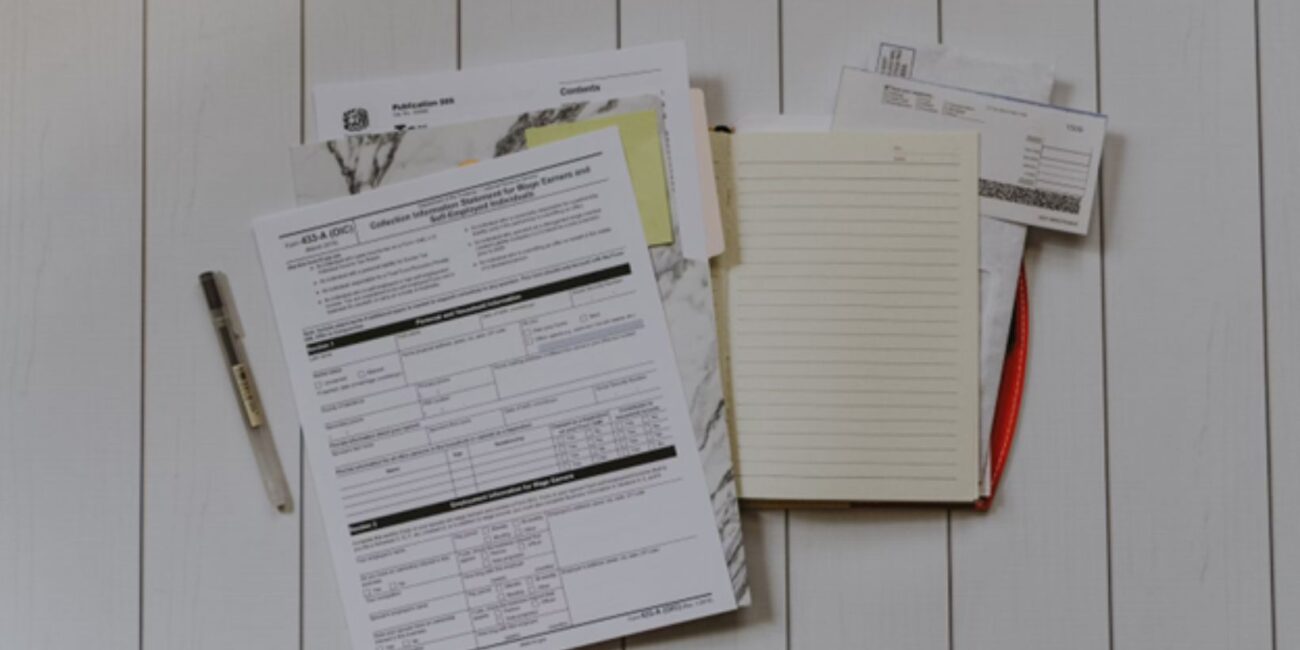Value-added tax (VAT) is an important consideration for businesses around the world. Whether you are a new business owner or an established entrepreneur, understanding the VAT threshold and its implications is crucial for running your business smoothly.
What Is the VAT Threshold?
The VAT threshold is the annual turnover limit that determines whether a business must register for VAT. When a business’s taxable turnover exceeds this limit, it becomes mandatory for the business to register for VAT. If you’re asking yourself, can you avoid the VAT threshold?, the answer depends on how you manage your business activities and revenue, but deliberately splitting or manipulating your turnover to avoid VAT registration could lead to penalties. Understanding this concept is crucial for all business owners to ensure they comply with tax regulations and avoid penalties.
Once your business crosses the VAT threshold, you must register for VAT and begin charging VAT on sales. Registering for VAT also means you must submit regular VAT returns, which requires accurate record-keeping.
When Should You Register for VAT?
There are two scenarios in which a business may need to register for VAT: when it crosses the VAT threshold or when it chooses to register voluntarily.
If your business’s taxable turnover exceeds the VAT threshold within 12 months, you are legally required to register for VAT. This registration process must be completed within a specific timeframe to ensure compliance.
Even if your business has not crossed the VAT threshold, you may choose to register for VAT voluntarily. Voluntary registration can offer several benefits, including the ability to reclaim VAT on business expenses and improved credibility with customers and suppliers.
Pros and Cons of Registering for VAT
VAT registration can offer both advantages and disadvantages, depending on your business type and operations. It is important to weigh these pros and cons carefully.
Advantages of VAT Registration
- Reclaiming VAT on Purchases: VAT-registered businesses can reclaim VAT paid on goods and services used in their operations.

- Increased Credibility: Registering for VAT can make your business appear more established and reliable, particularly to larger clients and suppliers.
Disadvantages of VAT Registration
- Increased Administrative Burden: VAT registration comes with additional paperwork, including regular VAT returns and record-keeping.
- Impact on Pricing: You will need to add VAT to your product prices, which could make your goods or services more expensive compared to competitors who are not VAT-registered.
How to Monitor Your Business Turnover
To monitor turnover effectively, consider using accounting software that helps track revenue and expenses in real-time. This will give you a clear picture of your financial status and alert you when you are nearing the VAT threshold.
Conduct regular reviews of your financial records to ensure accuracy and stay aware of your current turnover level. This helps you stay proactive and prevents any surprises when it comes to VAT registration requirements.
Filing VAT Returns and Staying Compliant
Once registered for VAT, staying compliant is essential to avoid penalties. This involves accurately tracking VAT collected and paid, filing returns on time, and adhering to the rules set by tax authorities.
Keeping Accurate Records
Accurate record-keeping is the foundation of VAT compliance. Ensure that you keep detailed records of all sales, purchases, and VAT charges. These records must be retained for a specific number of years as per local regulations.
Filing VAT Returns
VAT returns are typically filed quarterly, though some jurisdictions may have different filing schedules. Filing returns on time is crucial, as late submissions can result in fines and interest charges.
Common Mistakes and How to Avoid Them
Understanding common mistakes can help your business stay compliant and avoid potential pitfalls associated with VAT registration.
One of the most common mistakes businesses make is ignoring the VAT threshold. It is essential to monitor turnover closely and register for VAT as soon as the threshold is crossed to avoid penalties.

Calculating VAT incorrectly can also lead to underpayments or overpayments, both of which can cause issues with tax authorities. Using reliable accounting software or consulting a tax professional can help ensure accuracy.
Voluntary Registration: Is It Right for You?
For some businesses, voluntary VAT registration can be beneficial, while for others, it may not make financial sense. Understanding the implications of voluntary registration will help you make an informed decision.
Benefits of Voluntary Registration
- Input Tax Reclaim: Voluntarily registered businesses can reclaim input VAT on their purchases, which can help reduce overall costs.
- Boosted Business Image: Some clients, especially larger corporations, may prefer dealing with VAT-registered businesses, as it suggests a certain level of credibility and professionalism.
Potential Drawbacks
- Added Complexity: Voluntary registration adds complexity to your accounting processes, which may not be ideal for smaller businesses with limited resources.
- Higher Prices for Customers: Adding VAT to your prices may make your products or services less competitive, particularly in price-sensitive markets.
Whether your business is approaching the threshold or you are considering voluntary registration, being well-informed will help you make the right decisions for your company. By monitoring turnover, maintaining accurate records, and seeking professional guidance when necessary, you can successfully navigate the complexities of VAT and ensure that your business continues to thrive. Proper VAT management not only keeps you compliant but also positions your business for long-term success and growth.



